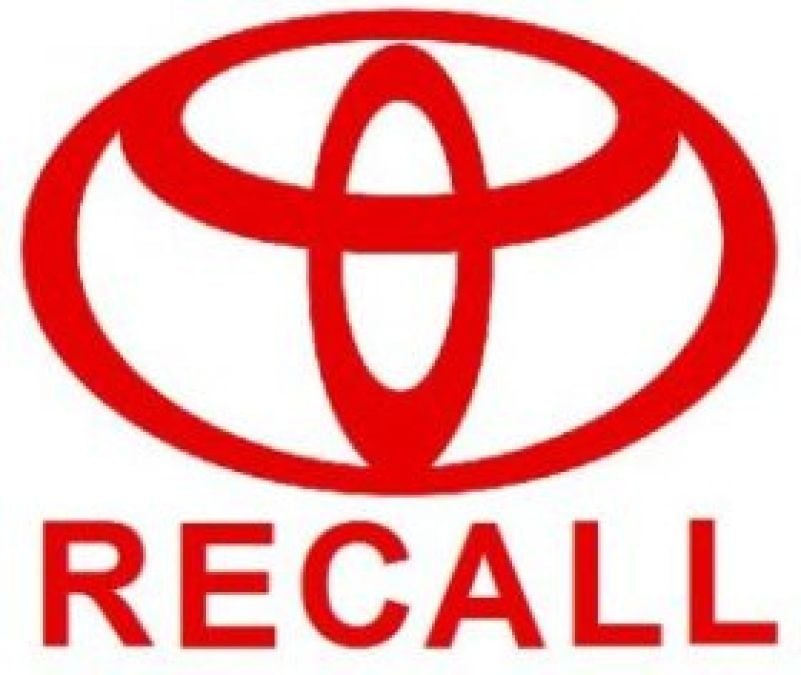Toyota has paid almost $50 million in fines to the US government and they’ve already paid out over $10 million to owners for various vehicular issues but all along, the company has insisted that the unintended acceleration issues were due to thick floormats, questionable pedal assemblies and bad drivers. When the NHTSA and NASA issued the results of their lengthy investigation of Toyota’s electronic throttle system stating that no errors would found, the automaker feels that they are not responsible for the accidents, injuries or deaths so they have requested that the massive class action suit be thrown out.
Throughout the entire mess, the key issue is that Toyota knowingly and willingly avoided recalling their vehicles for unintended acceleration – going so far as to state that no company employee had ever experienced it (which we know now is not true) while bragging in inter-company memos about how much money they had saved by avoiding recalls. In addition to the fact that their cars were hurting and killing people, the news that their cars were not-so-perfect negatively impacted the residual value of the vehicles, which is another portion of the pending lawsuits.
Toyota is banking on the idea that with the NHTSA/NASA findings, they are not responsible for the accidents and residual value depreciation but the bigger problem is still that they were selling cars that they knew were experiencing problems and they didn’t do anything about it. Whether the problem is due to pedals that were too long or floormats that were too thick, even dealership employees experienced unintended acceleration so it cannot be as simple as driver error that caused thousands of accidents and around 100 deaths. In the long run, the automaker still doesn’t know exactly what caused the problems and with a steady stream of recalls coming from Toyota, the residual value is not something expected to heal itself any time soon.
Even though the government hasn’t found any problem with Toyota’s electronics, the accidents, injuries and deaths all still happened and who is to be held responsible for vehicles that are causing these accidents if not the automaker who sells them? TorqueNews will continue following this story – bringing you all of your latest news on Toyota’s troubles.
Other Toyota News:
The US Gov't finds no electronic problems in Toyota's acceleration recalls
Toyota offering buyout options for US employees
Toyota's Sees Reputation Boost Following Announcement
Toyota stock flying high since being cleared for electronic flaws






Comments
Someone should read the entire report
Permalink
As parents we are very concerned regarding the recent release of the NHTSA-NASA report on Toyota SUA.
Why are we concerned is because this document is heavily redacted without explanation.
We have spoken to several bright engineers in this field and they are astonished upon reading this report.
Was this done intentionally and a lingering question of why remains, and thus the NASA Report in incomplete.
It is amazing in the last week how this severely redacted (censored) report has suddenly become the "Gold Standard" for Toyota.
Many questions and issues remain unaddressed by this report such as mechanical recalls for the accelerator assembly and floor mats.
Toyota electronics are not the issue, but mechanical and design flaws are.
Testing nine vehicles not even randomly selected of millions produced is not a proper representative sample of Toyota product.
It seems that Ray LaHood's comments were taken at face value, and few in the media have taken the time to read the report.
If the media had taken the time to read the report they would be asking tough questions about the redacted (censored) items.
The Toyota position of "Admit Nothing - Deny everything - Demand Proof" seems to be working.
Ron & Lori Eves